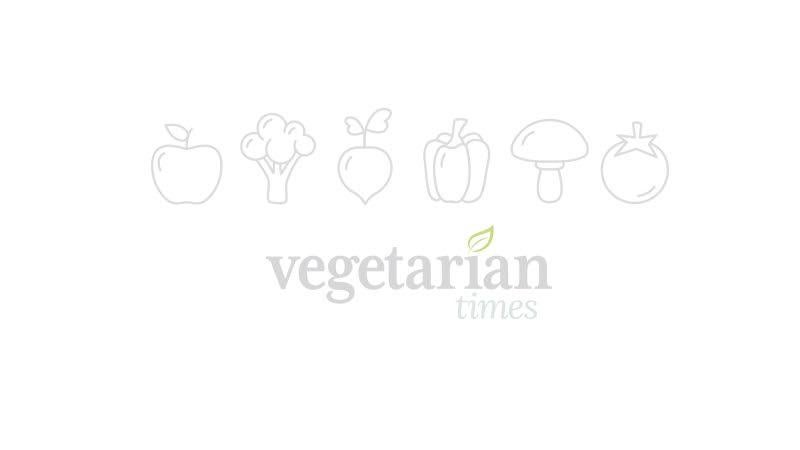Carrot & Stick: July/August 2007

CARROTS TO:
PlanetTran, for launching the nation’s first all-hybrid airport car service. The company began service in February in the San Francisco Bay Area, and now passengers can be shuttled to and from the Boston, Providence, RI, and Manchester, NH, airports as well. PlanetTran can be booked online, provides in-car Wi-Fi access and costs about 30 percent less than black car limos. “Our goal is to build a great business by being environmentally responsible and to lead by example,” says PlanetTran Founder Seth Riney.
The University of North Texas (UNT), in Denton, for opening a cafeteria dedicated to healthful eating. The Mean Greens Café on campus offers entrées that contain fewer than 300 calories and 10g of fat, which is helpful in the fight against the “freshman 15.” Each day the café picks three possible meal combos and displays their nutritional tally. “Entrées are normal sizes with lots of brightly colored vegetables, many whole grains and more vegetarian options,” says Kathy Butler, associate director of dining services at UNT.
Scholastic Inc., for printing the final Harry Potter installment on recycled paper. Each copy of J. K. Rowling’s seventh book has 784 pages of at least 30 percent postconsumer paper. (The deluxe edition will be printed on 100 percent postconsumer paper.) The Forest Stewardship Council (FSC) will approve two-thirds of the paper, stating that trees used did not come from endangered forests. The first printing of the book will include 12 million copies. “Using wood products from well-managed forests has a great global impact,” says Tensie Whelan, executive director of the Rainforest Alliance. Lisa Holton, president of Scholastic Trade Publishing and Book Fairs agrees. “Publishers can play a significant role in conserving the world’s forests by using recycled FSC-certified paper,” Holton says.
STICKS TO:
Eltonsville Sportsman’s Association (ESA) in Lancaster County, PA, for using live turkeys in an archery contest. The turkeys were tied to hay bales, and participants paid $12 for three attempts to shoot at one. The prize for hitting a bird? The turkey, which was then beheaded and processed. Farm Sanctuary of Pennsylvania Humane Society Officer Keith Mohler says, “It was unnecessary, unsportsmanlike and perhaps the most gutless act of cruelty I’ve seen.” The ESA initially fought charges of animal cruelty, then entered a no-contest plea. The group was fined $400 in March—about $10 per turkey killed, less than each would cost in a grocery store.
US Fish and Wildlife Service, for sending memos to government scientists forbidding them to discuss polar bears, global warming or climate change at international meetings unless cleared to do so. Spokespeople will need confirmation before responding to questions on these topics, and must “understand the Administration’s position on these issues.” Kieran Suckling, policy director of the Center for Biological Diversity, says this censorship is unacceptable. “That type of memo might be appropriate for the State Department and political issues,” he says. “What we’re dealing with is science.”
Monsanto Company, for lobbying the Food and Drug Administration to weaken dairy-product labeling. Monsanto makes a recombinant bovine growth hormone (rBGH), which is given to cows to increase their milk production. The hormone was banned in Europe and Canada due to its links to breast and colon cancers. Many dairies in the US that don’t use the hormone have begun labeling their milk as rBGH-free—Monsanto wants to make this labeling illegal. Kevin Holloway, president of Monsanto Dairy Business says that these labels “deny farmers a choice in using approved technologies.”